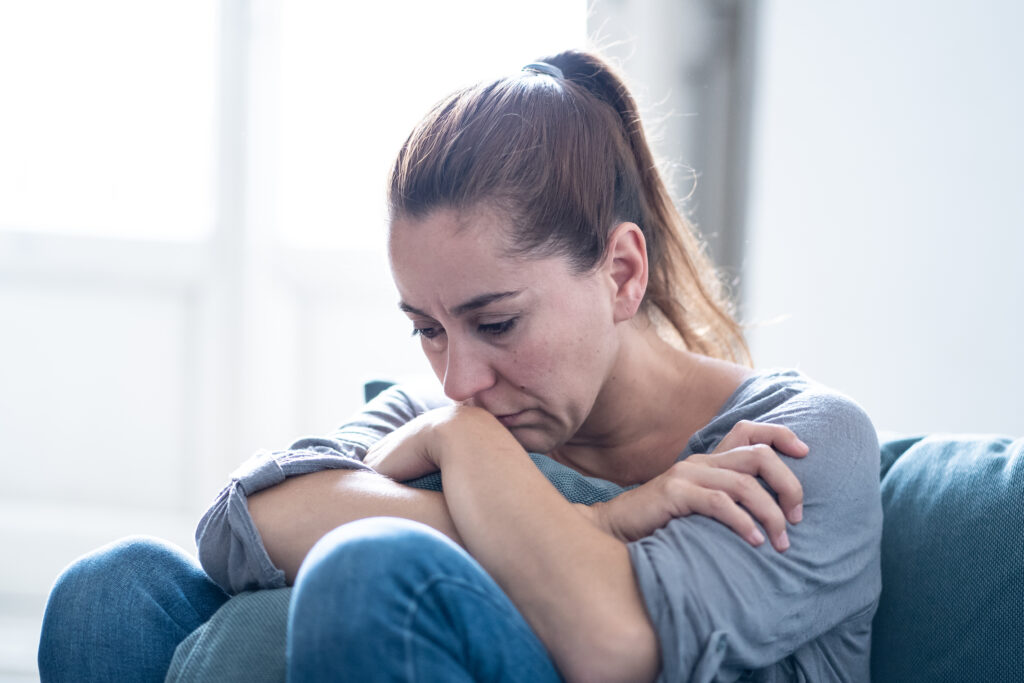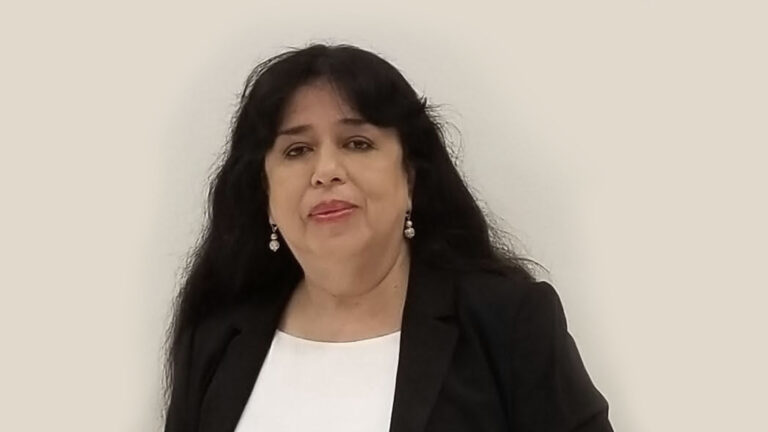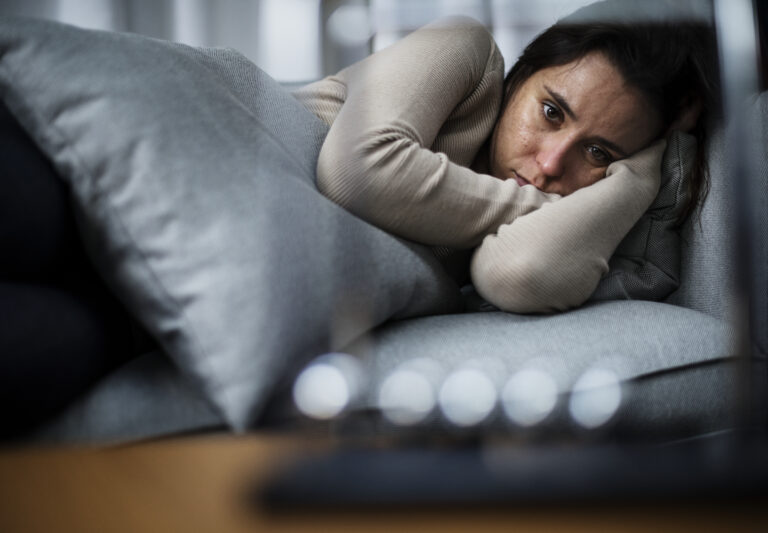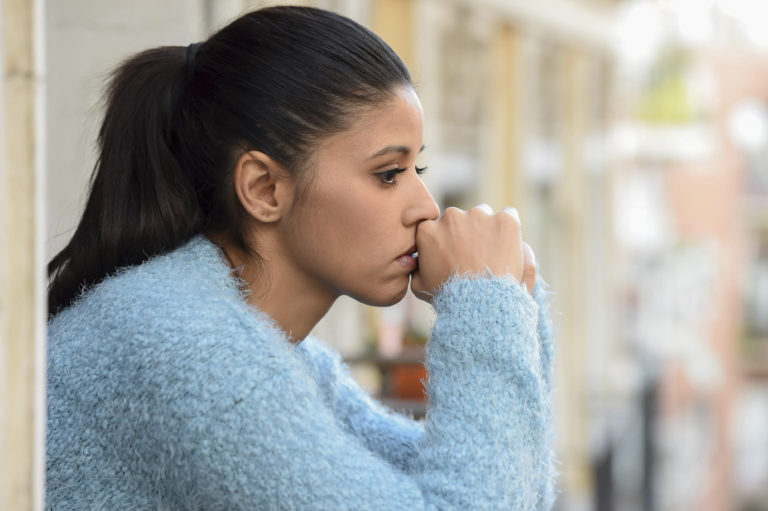
Anxiety is the mind and body’s natural reaction to stressful, dangerous, unfamiliar situations or significant upcoming events.
You might feel anxious when faced with a problem at work, before taking a test or making an important decision. Your breathing might increase, your heart might start pounding, and you might get a burst of energy. Your body tenses up, and your mind becomes fixated on the thing you’re worried about.
Everyone feels anxious at times, and a certain level of anxiety is normal and even helpful in some situations. Anxiety can also motivate you. If you feel a bit anxious about an assignment that’s due or a job interview, anxiety can help you to power through.
What is an Anxiety Disorder?
Ordinary anxiety is a feeling that comes and goes, but when anxiety gets so out of hand and irrational that it starts to interfere with your daily life, you might have an anxiety disorder. Anxiety disorders are a type of mental illness; they are the most common form of emotional disorder and can affect anyone at any age.
Anxiety disorders involve more than temporary worry or fear. For a person with an anxiety disorder, the anxiety does not go away and can get worse over time. The symptoms can interfere with daily activities such as job performance, school work, and relationships.
This type of anxiety may cause you to stop doing the things you enjoy. In extreme cases, it may prevent you from entering an elevator, crossing the street, or even leaving your home. If left untreated, the anxiety will keep getting worse.
What are the signs and symptoms of Anxiety?
People who experience anxiety or an anxiety disorder may show a variety of different signs and symptoms.
The following list of examples can be used as a guide, but it is not meant to give you a diagnosis; only a doctor can give you a proper diagnosis:
- Nervousness, Restlessness, or being tense
- Increased irritability
- Increased heart rate
- Rapid breathing
- Increased or heavy sweating
- Sudden coldness
- Trembling/Shaking
- Muscle Tension/Pain
- Dizziness
- Nausea or stomach issues
- Intrusive Thoughts (unwanted thoughts or worries that won’t go away)
- Trouble concentrating
- Going out of your way to avoid situations that make you anxious
- Excessive fear or worrying
- Having a sense of impending panic, doom, or danger
- Difficulty falling or staying asleep
Keep in mind that some people may not fit these exact symptoms, as there are different types of anxiety disorders. Symptoms can change from one type to the other.
Some examples of anxiety disorders include generalized anxiety disorder (GAD), social anxiety disorder (SAD), obsessive-compulsive disorder (OCD), post-traumatic stress disorder (PTSD), panic disorders, and specific phobias.
What Causes Anxiety Disorders?
Doctors don’t completely understand what causes anxiety disorders. Researchers believe that the areas of the brain responsible for controlling fear may be impacted. It is also believed that certain traumatic experiences, genetics, environmental factors, and brain chemistry may play a role in anxiety. In some cases, anxiety may be caused by an underlying health issue and could be the first signs of a physical, rather than mental, illness.
A person may experience one or more anxiety disorders at the same time. It may also accompany other mental health conditions such as depression or bipolar disorder.
Treatment and recovery
Anxiety disorders are treatable. If you think you’re experiencing an anxiety disorder, visit your primary care doctor. Your doctor can work with you to figure out a plan or treatment that suits you. Ask your doctor for the names of several mental health providers covered by your insurance plan. It’s important to find a mental health provider you like and trust. It may take meeting with a few to find the provider that’s right for you.
Treatments will consist of a combination of psychotherapy, behavioral therapy, and medication.
Meeting with a therapist or psychologist can help you learn tools to use and strategies to cope with anxiety when it occurs.
You can also find more trusted local services in your community at www.boyleheighstresources.org or download the Boyle Heights Resources app.
Sources
Mental Health America: https://screening.mhanational.org/content/what-anxiety
Healthline: https://www.healthline.com/health/anxiety-symptoms#next-steps
National Institute of Mental Health: https://www.nimh.nih.gov/health/topics/anxiety-disorders/index.shtml



